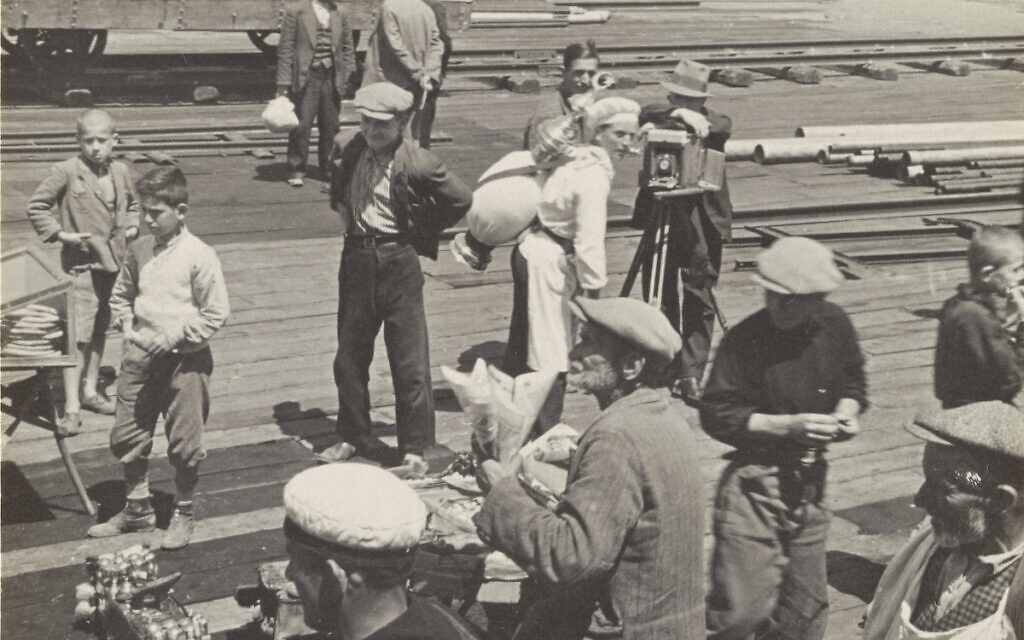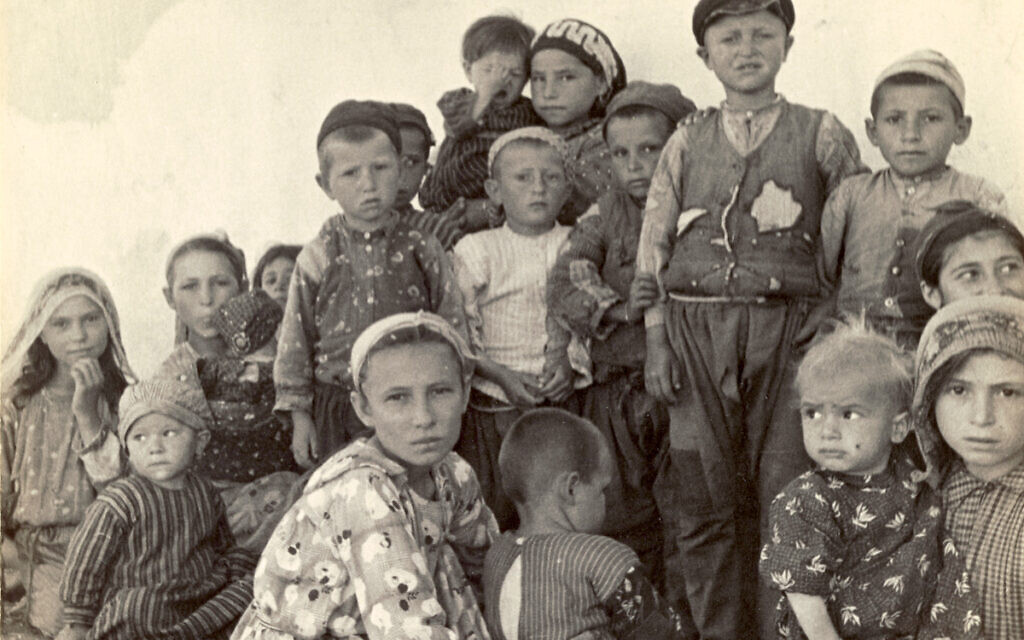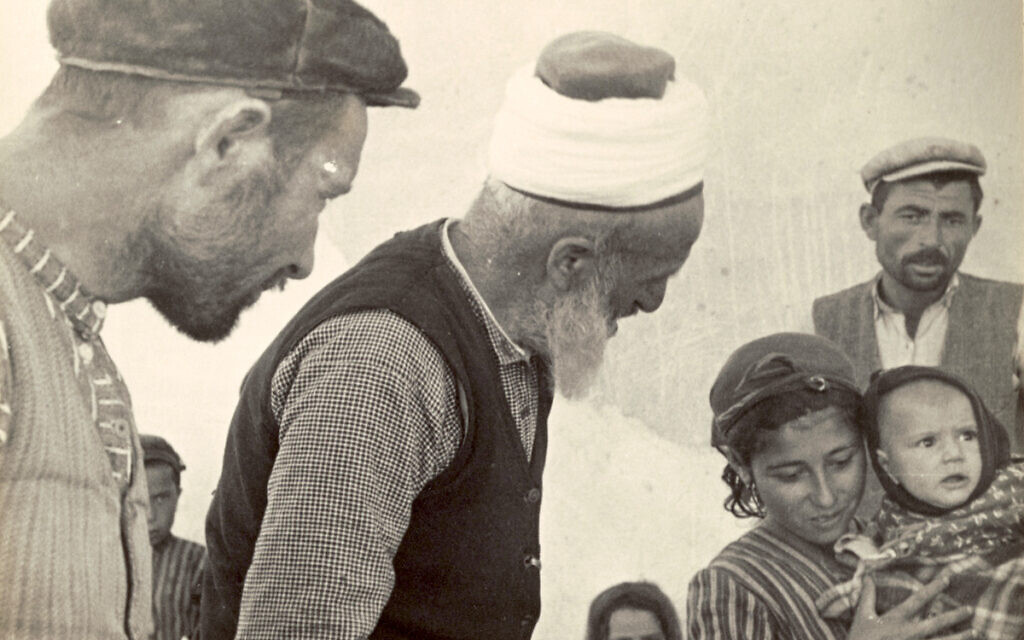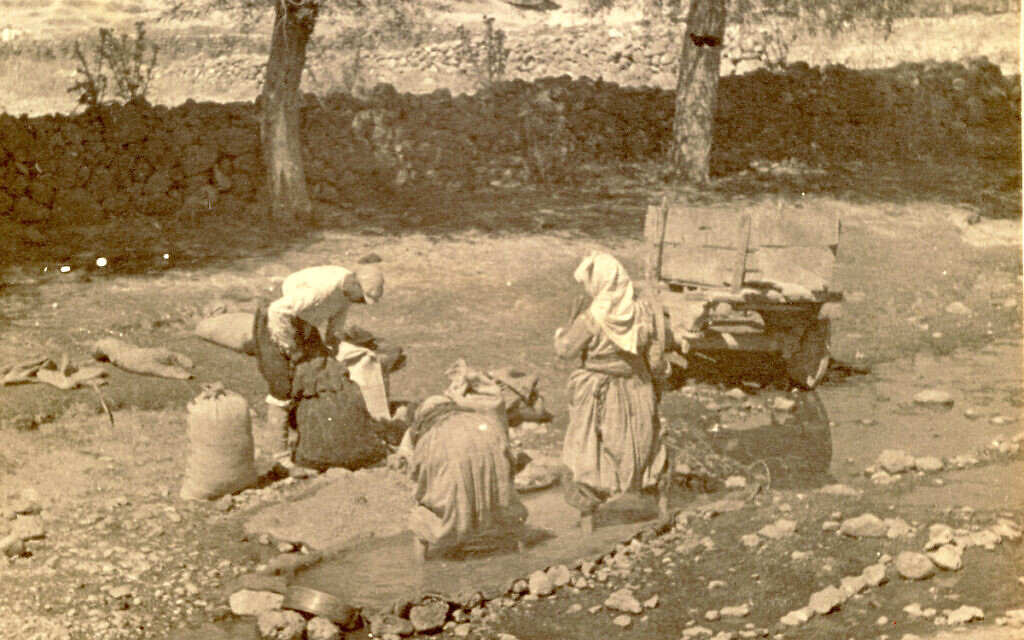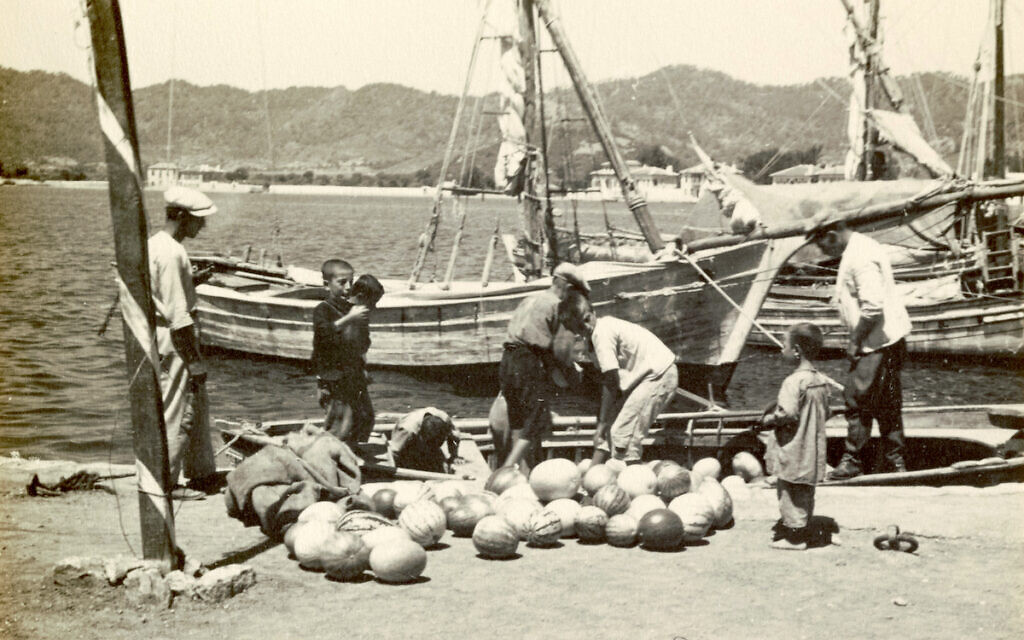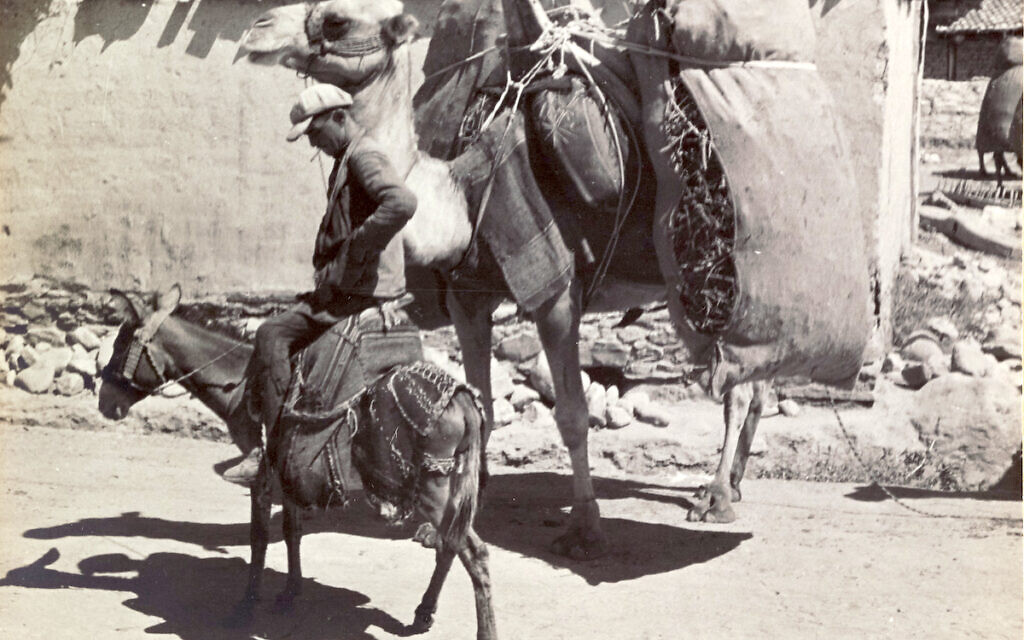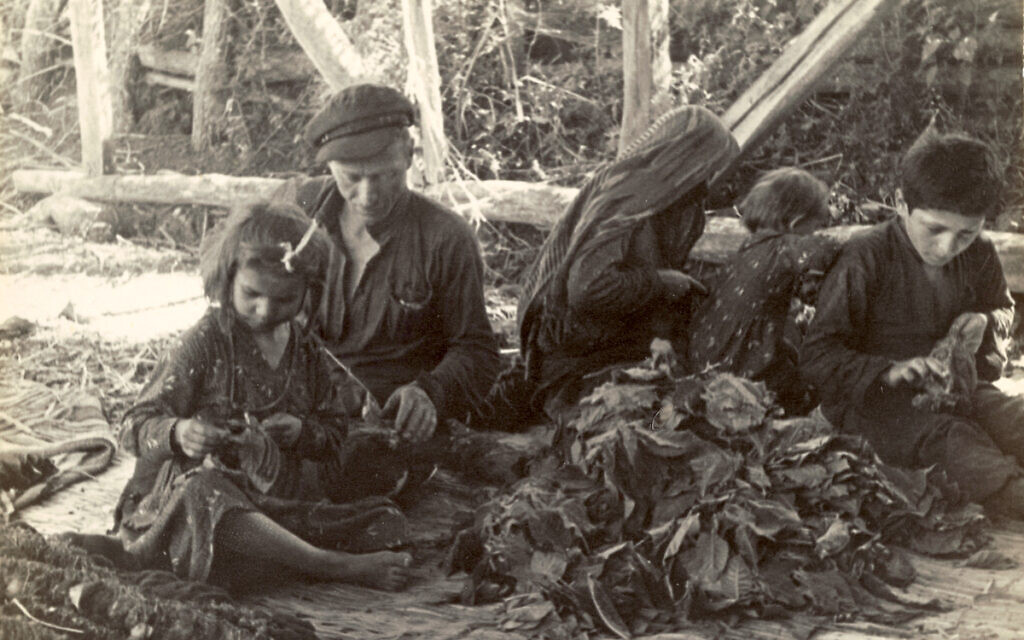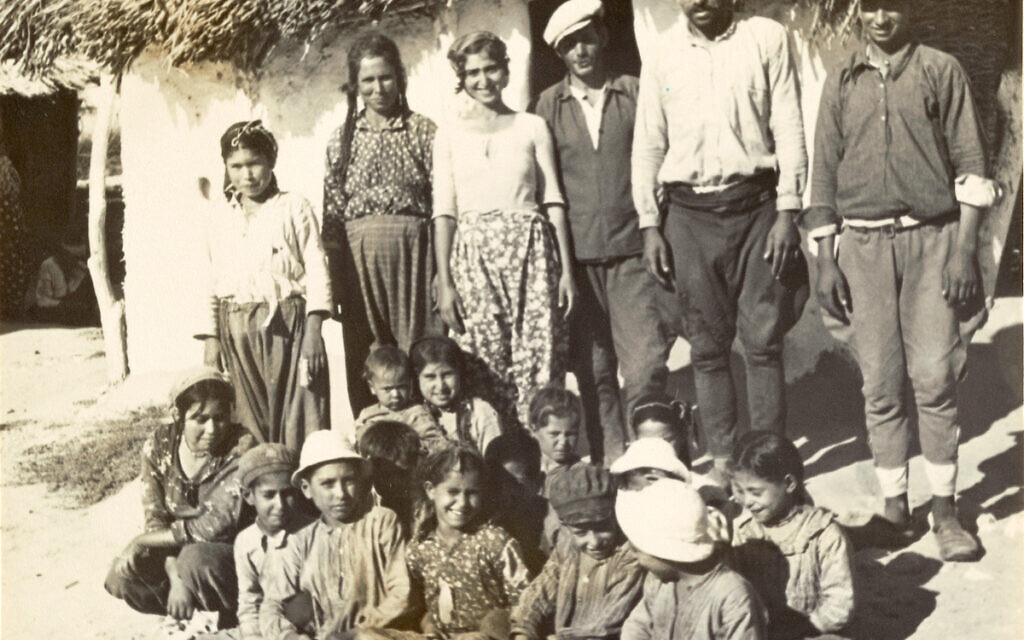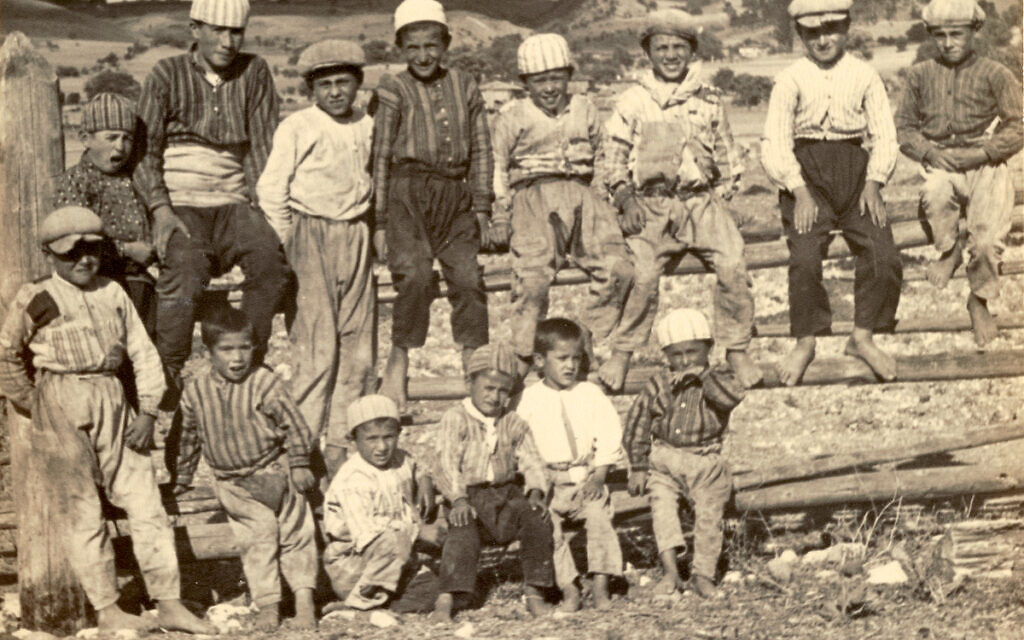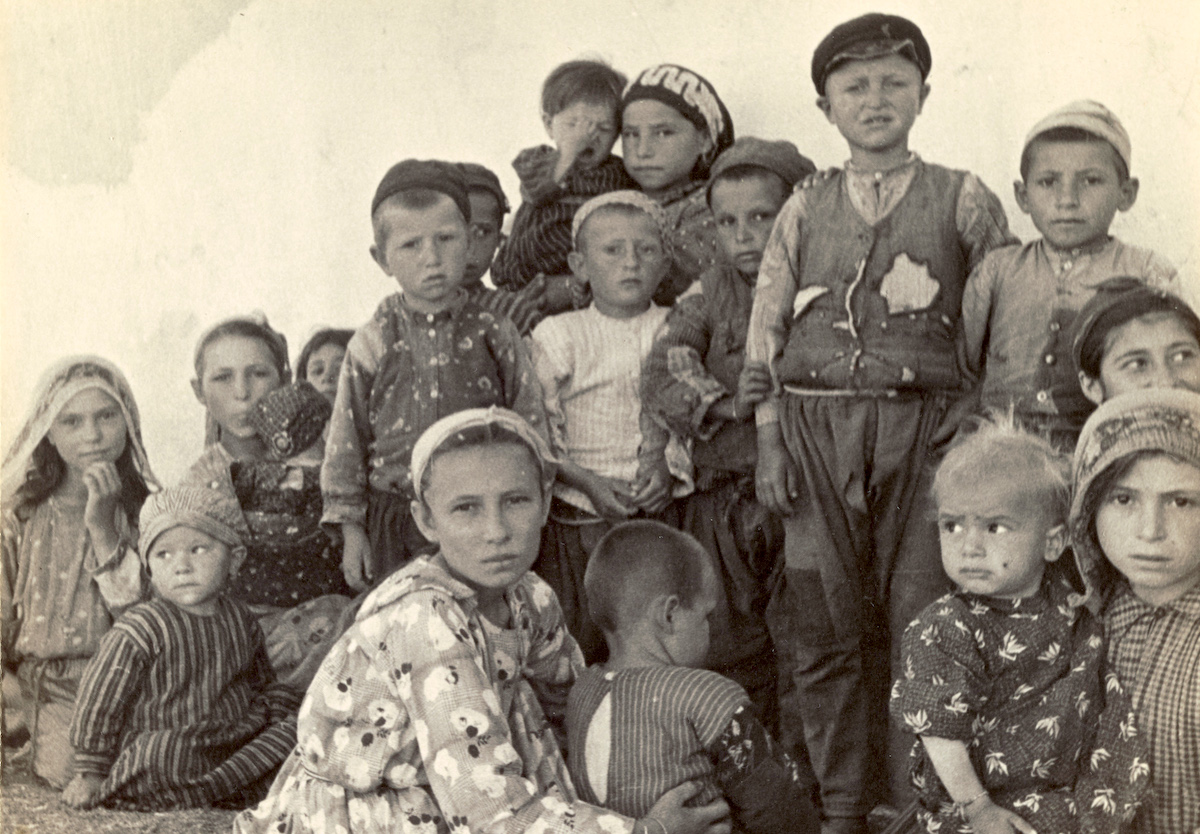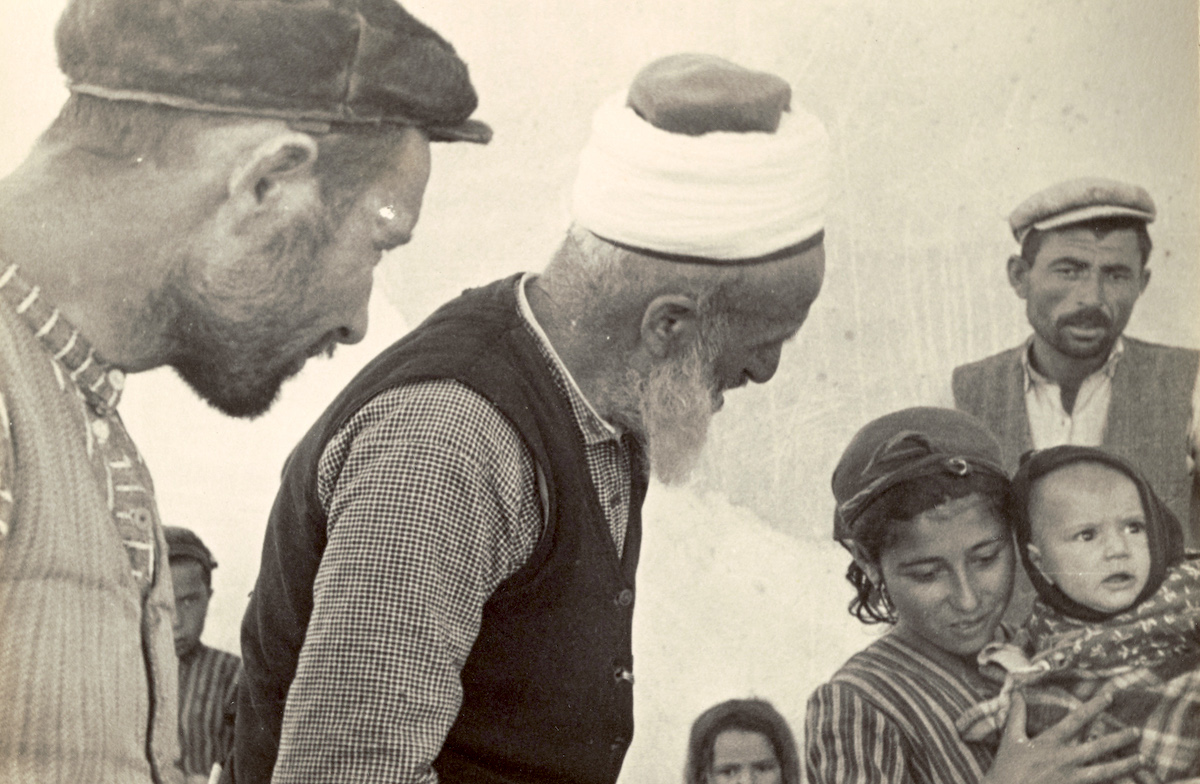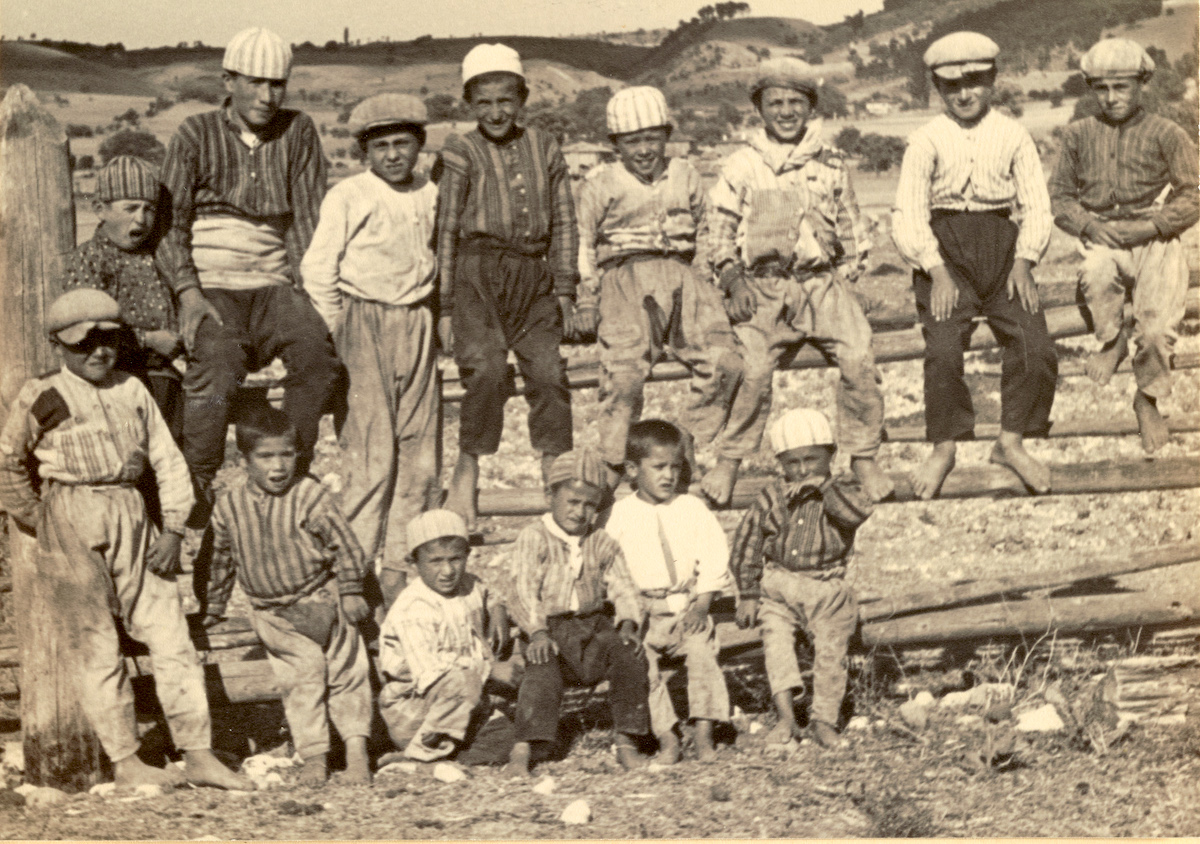Cambridge University publishes Jewish doctor’s vast 1930s Turkey photo archive
Dr Albert Eckstein took images in the early days of the Turkish Republic, where he helped save thousands of lives after being exiled from Nazi Germany
Cambridge University has published a huge selection of photos taken by a German Jewish doctor in the early days of the Turkish Republic in the 1930s, where he helped save thousands of lives after being exiled from Nazi Germany.
Albert Eckstein, who later came to live in the UK, spent four years travelling around Turkey’s poorest regions, including Anatolia, and used his medical knowledge while there to help lower the child death rate, which was then as high as 50 percent in places.
Eckstein died in 1950 aged 59, having served as a German soldier in the First World War, and this week the prestigious University published more than 1,000 of his photos, capturing the intimacy and poverty of the early Turkish Republic.
Get The Jewish News Daily Edition by email and never miss our top stories Free Sign Up
The photos, which are now freely available to view on the Cambridge Digital Library, showcase the living and working conditions he encountered and the rural poverty that contributed to Turkey’s high rate of child mortality.
Eckstein emerged from the war as a decorated officer and following the armistice he went to work in the University Hospital for Children, qualifying as a senior lecturer in 1923 before leaving in 1925 to become medical superintendent of the Children’s Hospital at the Academy of Medicine in Dusseldorf.
He became one of the country’s leading researchers in the study of childhood illnesses, but as 1930s Germany descended into the grip of Nazi tyranny, he was subjected to harassment and humiliation by the fascist regime.
In 1935, he was sent a letter signed by Adolf Hitler and Hermann Goring relieving him of his hospital position, yet despite offers from Glasgow and the US, he accepted a contract from the Turkish government for a university chair in Ankara.
An expert in preventative paediatrics, Eckstein was well-suited for the ambitious public health agenda and soon developed an analysis of infant and child healthcare, not just in the major city of Istanbul and emerging capital of Ankara, but across much of the countryside.
Turkey was founded after the First World War, following the Ottoman Empire’s defeat, and Eckstein lived there from 1935-39, undertaking a medical survey of maternal fertility and infant mortality in the new country.
Experts say his photos offer “unique documentary evidence into the history of medicine and social history of the early Turkish Republic” and show the “engagement of Jewish migrants in Atatürk’s health and social reforms”.
These include the campaign for healthy children, a drive for basic health and hygiene education, and major campaigns against specific widespread and debilitating diseases such as trachoma or malaria, all of which Eckstein drove forward.
The photos also provide a snapshot of his personal experience, such as the image of him sitting with the village muhtar, or elected official, as they smoke a shisha pipe.
The Eckstein family eventually came to live in Cambridge, and their albums were donated late last year to the Skilliter Centre, which researches the history, literature and culture of the Ottoman Empire and early Turkish Republic.
“The digitisation of these photographs marks a new exposure of unique primary source material and crucial visual evidence of the early Republic’s campaign for healthy children,” said a University spokesman.
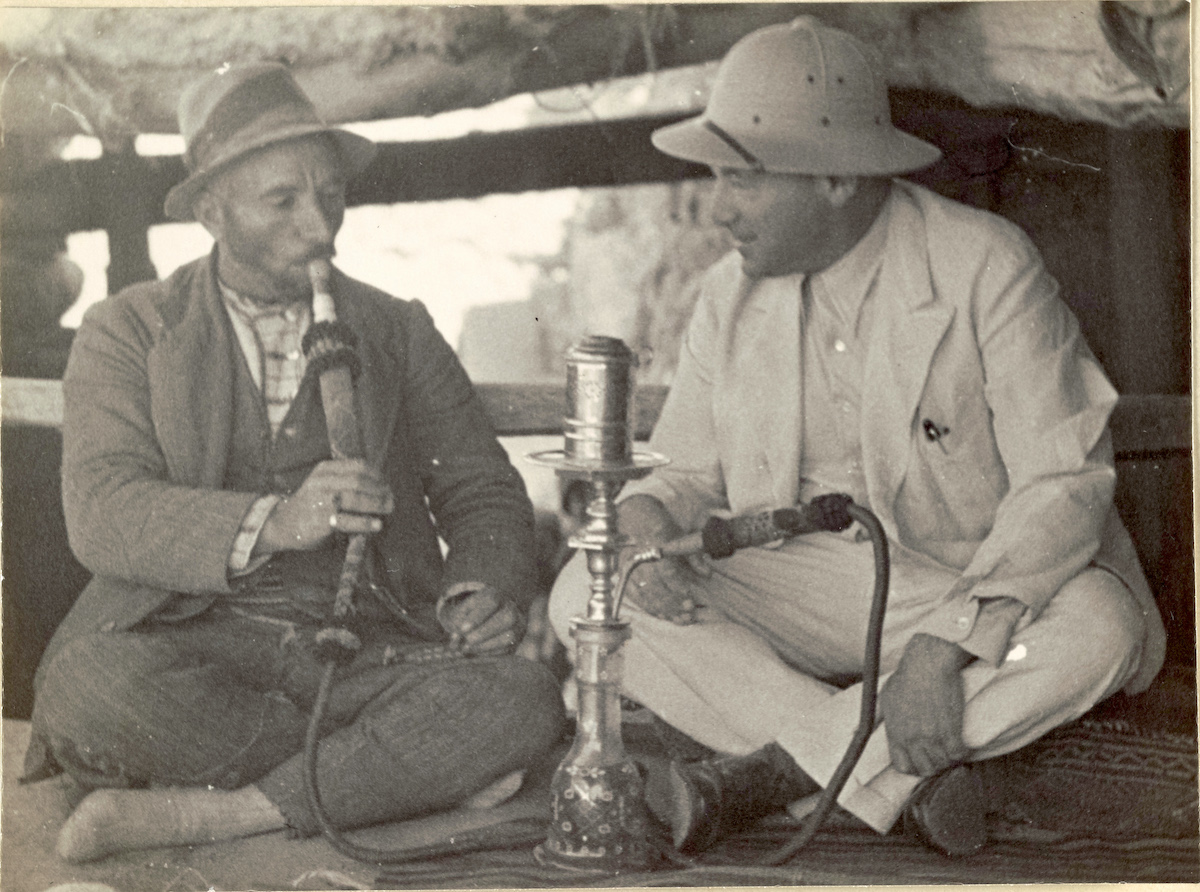

Thank you for helping to make Jewish News the leading source of news and opinion for the UK Jewish community. Today we're asking for your invaluable help to continue putting our community first in everything we do.
For as little as £5 a month you can help sustain the vital work we do in celebrating and standing up for Jewish life in Britain.
Jewish News holds our community together and keeps us connected. Like a synagogue, it’s where people turn to feel part of something bigger. It also proudly shows the rest of Britain the vibrancy and rich culture of modern Jewish life.
You can make a quick and easy one-off or monthly contribution of £5, £10, £20 or any other sum you’re comfortable with.
100% of your donation will help us continue celebrating our community, in all its dynamic diversity...
Engaging
Being a community platform means so much more than producing a newspaper and website. One of our proudest roles is media partnering with our invaluable charities to amplify the outstanding work they do to help us all.
Celebrating
There’s no shortage of oys in the world but Jewish News takes every opportunity to celebrate the joys too, through projects like Night of Heroes, 40 Under 40 and other compelling countdowns that make the community kvell with pride.
Pioneering
In the first collaboration between media outlets from different faiths, Jewish News worked with British Muslim TV and Church Times to produce a list of young activists leading the way on interfaith understanding.
Campaigning
Royal Mail issued a stamp honouring Holocaust hero Sir Nicholas Winton after a Jewish News campaign attracted more than 100,000 backers. Jewish Newsalso produces special editions of the paper highlighting pressing issues including mental health and Holocaust remembrance.
Easy access
In an age when news is readily accessible, Jewish News provides high-quality content free online and offline, removing any financial barriers to connecting people.
Voice of our community to wider society
The Jewish News team regularly appears on TV, radio and on the pages of the national press to comment on stories about the Jewish community. Easy access to the paper on the streets of London also means Jewish News provides an invaluable window into the community for the country at large.
We hope you agree all this is worth preserving.
-
By Laurent Vaughan - Senior Associate (Bishop & Sewell Solicitors)
-
By Laurent Vaughan - Senior Associate (Bishop & Sewell Solicitors)
-
By Laurent Vaughan - Senior Associate (Bishop & Sewell Solicitors)
-
By Laurent Vaughan - Senior Associate (Bishop & Sewell Solicitors)



